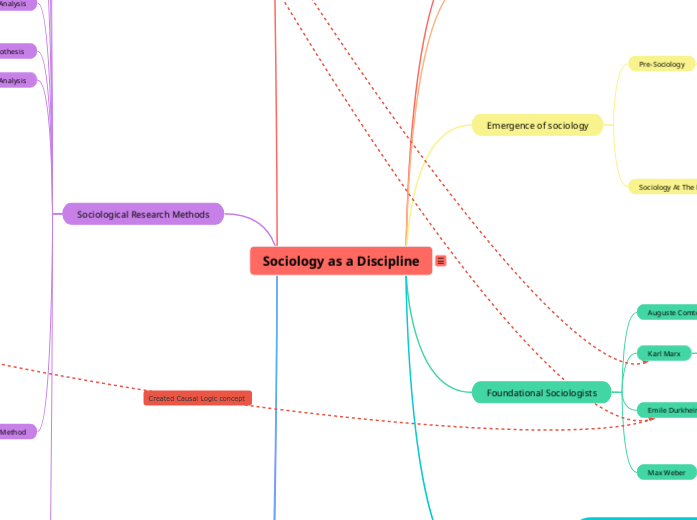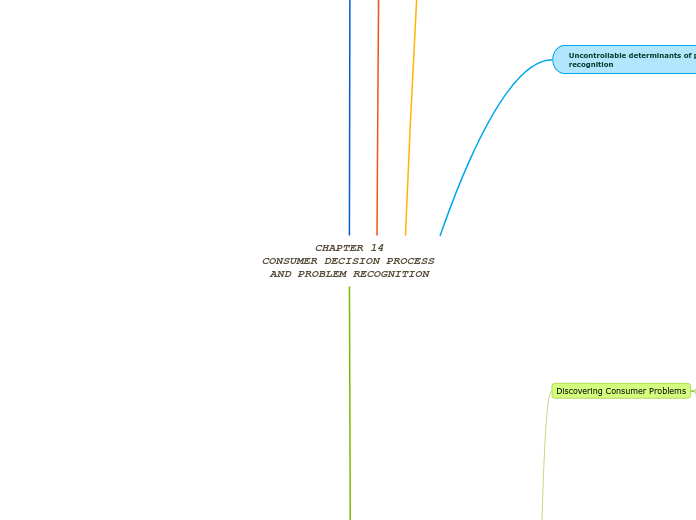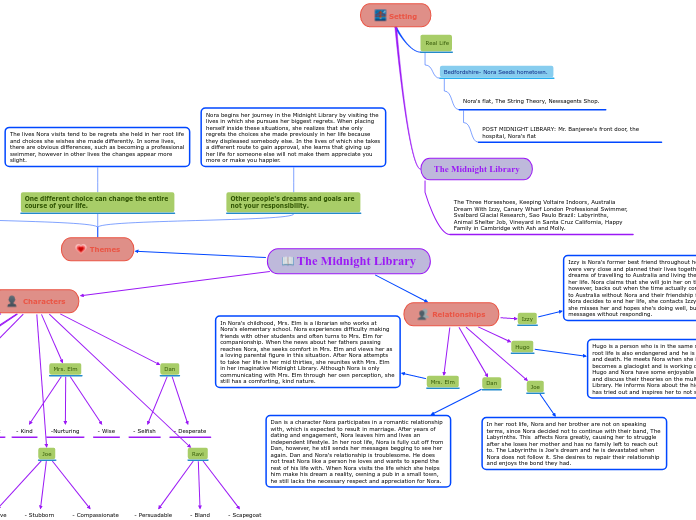Sociology as a Discipline
1. Sociology as a Discipline
Founded by: Auguste Comte (1838)
Defined focus: Social interactions and structures
Academic Landscape Pre-Sociology
Natural Sciences: Biology, Chemistry, Physics
Humanities: Art, Philosophy, Music
Sociology's Initial Reception:
Rejected by natural sciences for lack of experiments
Led to formation of social sciences: Sociology, Psychology, Anthropology, Political Science
2. Foundational Sociologists
Auguste Comte
Developed term "sociology," laying the groundwork for social research
Karl Marx
Emphasized conflict theory, focusing on societal power struggles and class inequality
Initially seen as a social activist rather than a sociologist, gaining prominence in the 1960s
Emile Durkheim
Introduced functionalism, viewing society as a complex organism
Key Study: Suicide (1800s), where suicide is viewed through social origins like integration and group differences (e.g., gender, wealth)
Max Weber
Focused on rationalization and bureaucracy
Created the "ideal type" model for studying organizations, comparing traditional (mom-and-pop) to bureaucratic systems
3. Theoretical Frameworks in Sociology
Functionalism (Emile Durkheim)
Views society as an organism with interconnected institutions (family, religion, economy)
Societal changes in one institution affect the whole system
Conflict Theory (Karl Marx)
Focuses on power struggles, inequality, and societal divisions (race, gender, class)
Society is driven by competition for limited resources
Symbolic Interactionism (Erving Goffman)
Micro-level analysis of day-to-day social interactions
Dramaturgical Theory: Views everyday life as a theatrical performance, where individuals play roles
4. Sociological Research Methods
Surveys
Large-scale data collection, statistical analysis
Pros: Reach large populations quickly
Cons: Risk of misinterpretation or bias
Ethnography (Fieldwork/Participant Observation)
Immersing oneself in a social setting
Example: Venkatesh's study of Chicago street gangs
Secondary Data Analysis
Using pre-existing data (e.g., census) for new sociological inquiries
Pros: Data already available
Cons: Limited by the original data's scope
5. Ethics in Sociological Research
Informed Consent: Participants must know purpose and risks, agree voluntarily
No Harm: Research should not inflict harm on participants
Confidentiality: Protect identities of research subjects
Example of Ethical Breach:
Stanford Prison Experiment (Zimbardo): Ethical issues due to potential psychological harm inflicted on participants.
6. American Sociological Association (ASA) Guidelines
Ethical standards for conducting sociological research
Focuses on protecting participant privacy and ensuring informed consent
If you'd like, I can also create a detailed visual mind map from this breakdown! Let me know if you have specific areas you want to emphasize or further expand.
American Sociological Association (ASA) Guidelines
Focuses on privacy and informed consent
Ethical standards for conducting sociological research
Ethics in Sociological Research
Disclose all sources of financial support
Aknowledge research collabs and assistance
Respect Subjects right to privacy and dignity
Maintain Objectivity and integrity in research
Example of Ethical Breach: Stanford Prison Experiment (Zimbardo)
The experiment simulated a prison environment, with participants randomly assigned as guards or prisoners.
Ethical issues due to potential psychological harm inflicted on participants
importance of ethical considerations in research
Confidentiality
Protect identities of research subjects
ie. Feminism has influenced current social researchers, they emphasize consent, involve participation and include subjective voices
No Harm
Research should not inflict harm on participants
Informed Consent
Participants must know purpose and risks
agree voluntarily
Sociological Research Methods
Research Design
Quantitative
Mode
Most common number in a set
Median
Middle of the set/what divides the set into 2 groups
Mean
Sum of numbers divided by the amount of numbers in the set
Collects and reports data primarily in numerical form
Qualitative
Enables greater contextual details
Focuses on small groups and communities
Relies on what is seen in field setting
Detailed plan or method for obtaining data scientifically
Scientific Method
Organized series of steps for conducting research
Systemic
Drawing conclusions
Control Factors
Control Variable: A factor that is held constant to test relitative impact of the independent variable, for instance controlling for food intake in a study about how exercise impacts weight
Drawing on data whether the findings support or refute the hypthesis
Collecting and analyzing data
Validity and Reliability
Reliability: Refers to the extent to which a measure produces consistent results (replicability)
Validity: The degree a mesure or scale accurately reflects the phenomena under study
Selecting research design
Pick a research technique to test a hypothesis
Sample
Purposive Sampling
Not representative of the population and biased
Good for population access (such as including small minority groups and marginilized communities)
Occurs when some members of the population are selected for the study
Random Sampling
Time consuming and expensive, may not include minority voices
Pros
Has a lot of variance and represents the population well, with a lack of bias
Occurs when every member of a population has the same change of being selected for a study
A selection of a larger population
Creating hypothesis and variables
Correlation and Causation
Causation: one event is the cause of another
Correlation: Relationship between two variables in which a change coincides with a change in the other
Casual Logic
Relationship between a condition or variable and a particular consequence with one event leading to the other
State a prediction about the relationship between variables (measurable trait or characteristic subject to change under different conditions)
Dependant Variable: Variable subject to influence of another variable
Independent Variable: Variable hypothesized to cause or influence another
Reviewing existing literature
Investigating previous research conducted by sociologists and others regarding the concepts individuals wish to study
Identifying a problem
Transforms an abstract concept into indicators that are observable and measurable, allowing researchers to assess the concept
Clearly state what you hope to investigate
Content Analysis
Systemic coding and objective recording of data guided by some rationale
Allows better understanding of our cultural practices
hypothesis
relationship between two or more variables to explain social phenomena
Secondary Data Analysis
Limited by the original data's scope
Data already available
Using pre-existing data
answer new sociological questions
Data is non reactive and does not influence what researchers find
Experiment
Hawthorne Effect
Unintended influence of observers of experiments on subject
Two groups
Control
Not exposed to Independant Variable
Experimental
Exposed to Independent Variable
Artificially created situation that allows researchers to manipulate variables
Field Research
Non Participant Observation
Observing the phenomena being studied without participating (just observation)
Ethnography (Fieldwork/Participant Observation)
Requires both insider and outsider perspective
Example
Venkatesh's study of Chicago street gangs
Immersing yourself into a particular social setting
Observing and studying social behaviour where it naturally occurs
Surveys
Types
Questionare
No response bias, limited options and flexibility
Less expensive, usually anonymous, less time consuming, online/mail form
Interview
Lengthy and expensive
versatile (on the phone, web or face to face), anonymous
Can be from observation, experiments, existing sources
Eliciting information from respondents through questions
Cons
Risk of misinterpretation/bias
Not all surveys are created equal (there is good and bad ones)
Pros
Reach large populations quickly
Large-scale data collection
statistical analysis
Theoretical Frameworks in Sociology
Symbolic Interactionism (Erving Goffman)
how individuals create meaning through communication and symbols
Dramaturgical Theory
where individuals play roles (front stage/back stage)
Views everyday life as a theatrical performance
Micro-level analysis of day-to-day social interactions
Conflict Theory (Karl Marx)
challenges the functionalist view
1960s -- influenced by social movements
Society is driven by competition for limited resources
Focuses on power struggles (inequality/social division, race, gender, class etc.)
Functionalism (Emile Durkheim)
Early 1900s to the 1950s
Societal changes in one institution affect the whole system
Views society as an organism with interconnected institutions (family religion, economy) which work together like organs in a body
Resources
Golriz, G. (2024). Sociological Methods (and interventions) [PowerPoint slides]. Queen's University. https://onq.queensu.ca/d2l/le/content/944640/viewContent/5829238/View
Introduction to sociology: Sociological theory and research methods. (2012). In Films On Demand. Films Media Group. https://fod.infobase.com/PortalPlaylists.aspx?wID=107659&xtid=117903
Foundational Sociologists
Max Weber
Created 'ideal type' which is a model for studying organizations
comparing traditional (mom-and-pop) to bureaucratic systems
Looked at the efficiency, rationality, and effectiveness of bureaucracies in large-scale operation
Focused on rationalization and bureaucracy
Emile Durkheim
Key Study
Suicide (1800s)
analyzed data on suicides in 19th-century France, comparing different groups (men vs. women, rich vs. poor, etc.)
identified patterns and created theory of social integration to explain variations in suicide rates
Introduced functionalism
viewing society as a complex organism
Karl Marx
Initially seen as a social activist rather than a sociologist
gained prominence in the 1960s
conflict theory
focusing on societal power struggles and class inequality
His theories resonated with the social movements of the time
Auguste Comte
Developed term sociology
Focused on social order and change
Emergence of sociology
Sociology At The Beginning
Led to creation of social sciences
Political Science
Anthropology
Psychology
Focuses on mind and internal factors to explain behavior
Has more acceptance from natural sciences because it uses experiments
Sociology
examines external factors (family, religion, government, economy etc.) to understand behavior
Rejected by natural sciences for too much reliance on probability/stats and lack of experiments
Pre-Sociology
Humanities
Music
Philosophy
Art
Natural Sciences
Physics
Chemistry
Biology
Defined focus
Social interactions and structures
Founded by
Auguste Comte (1838)









